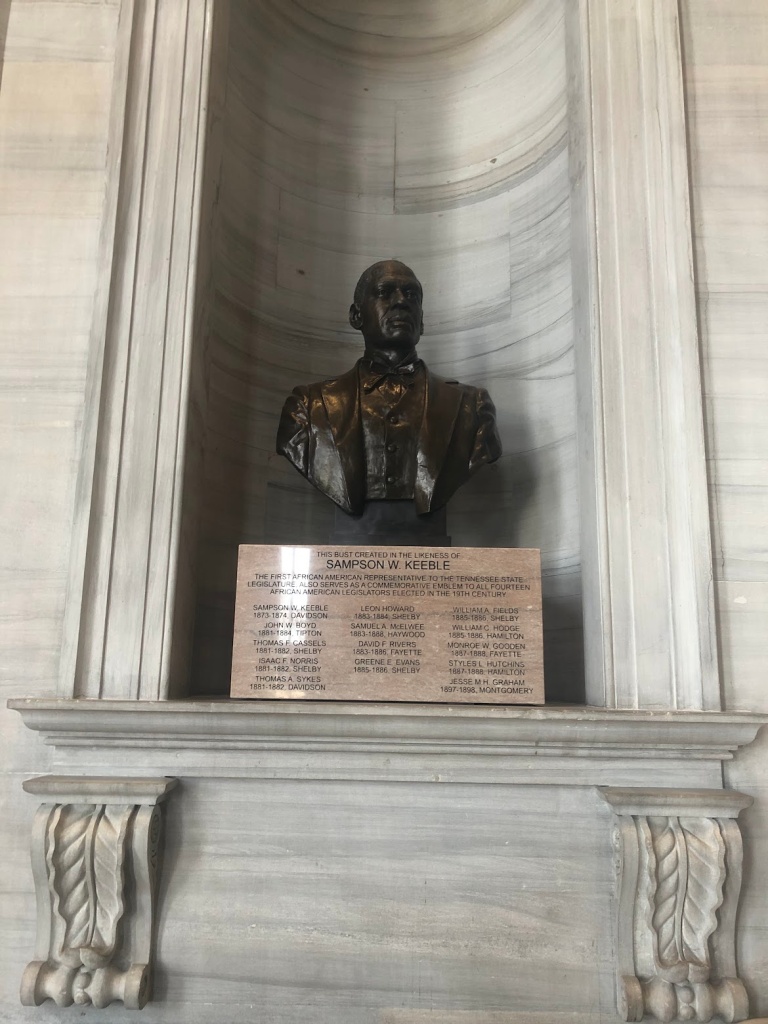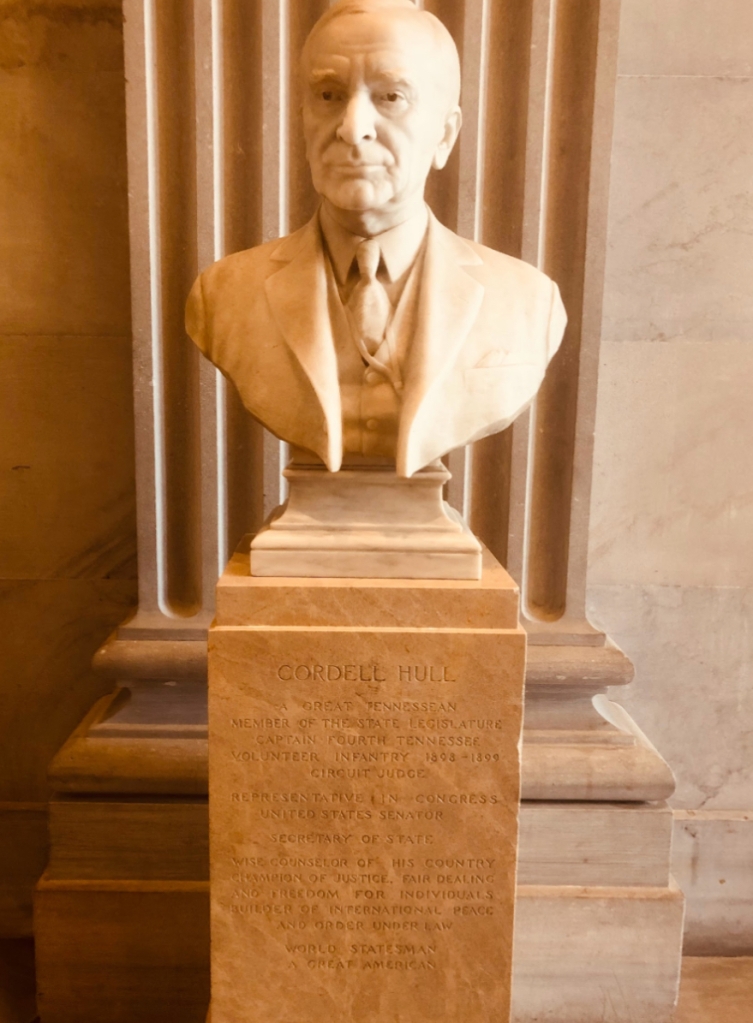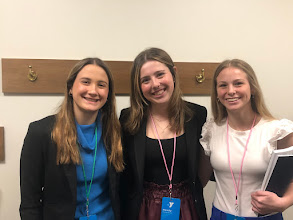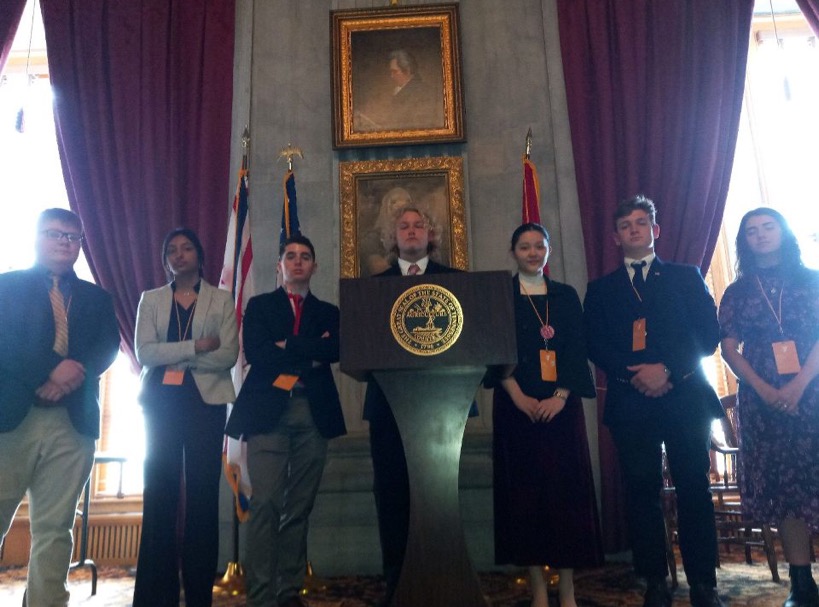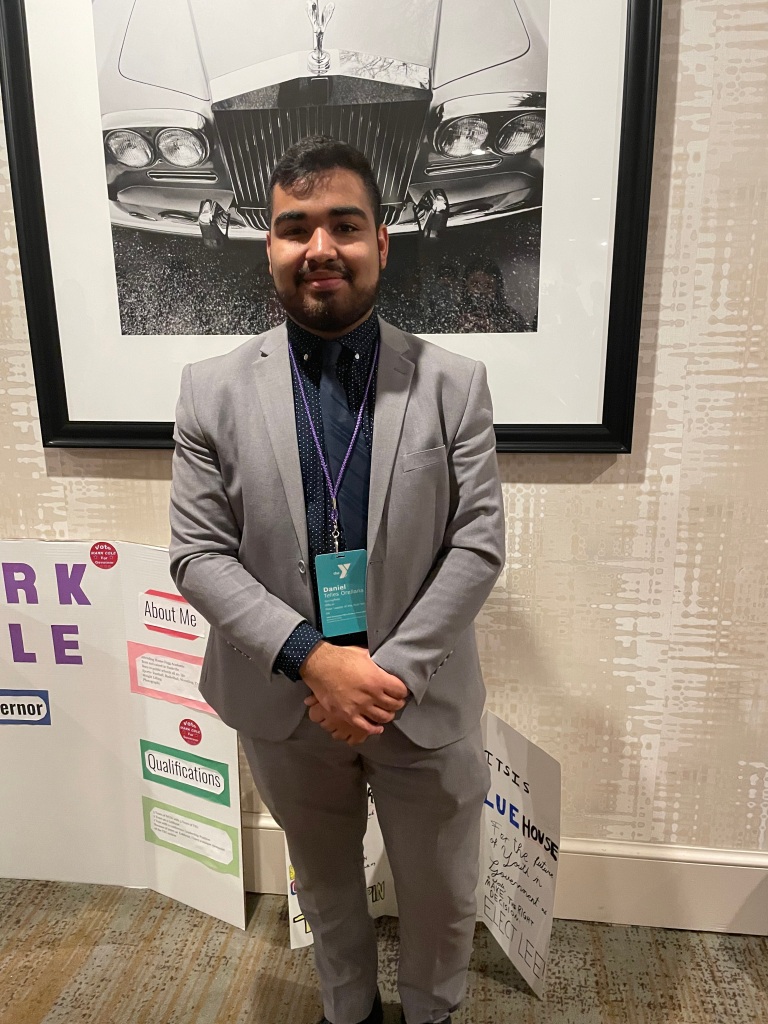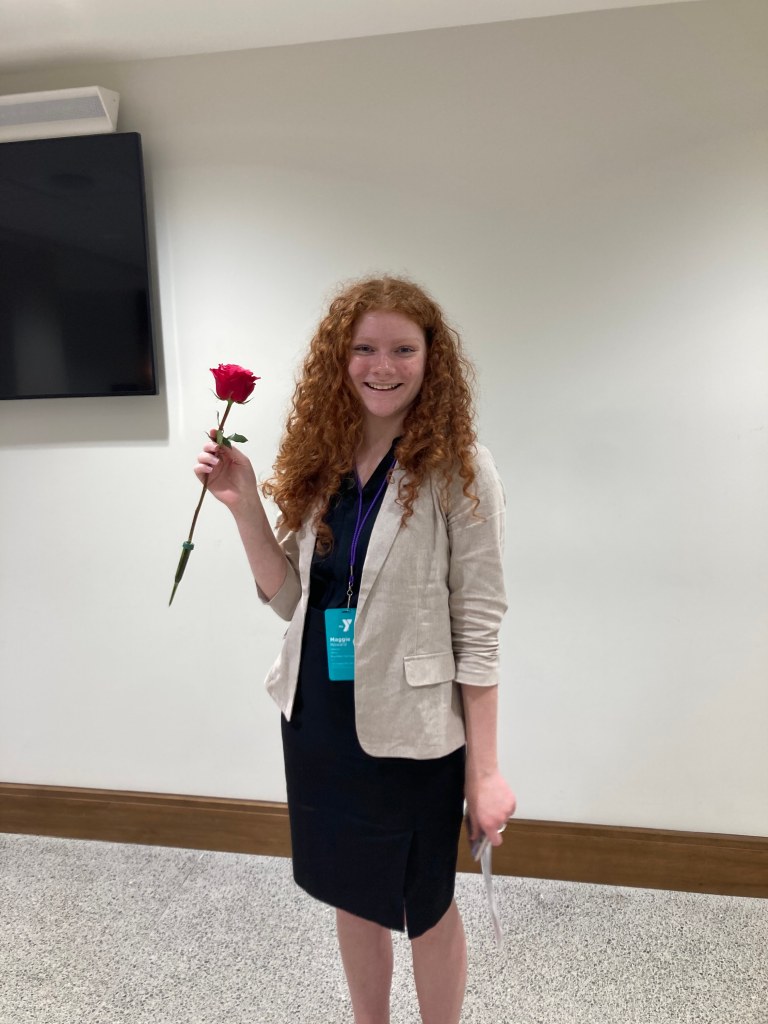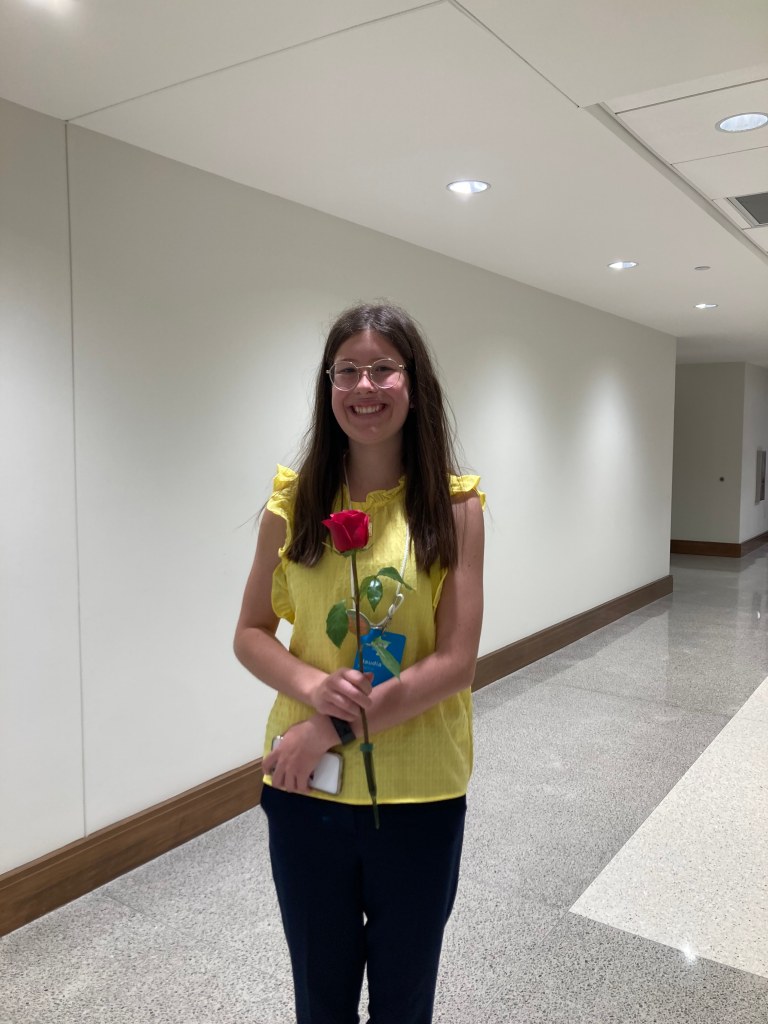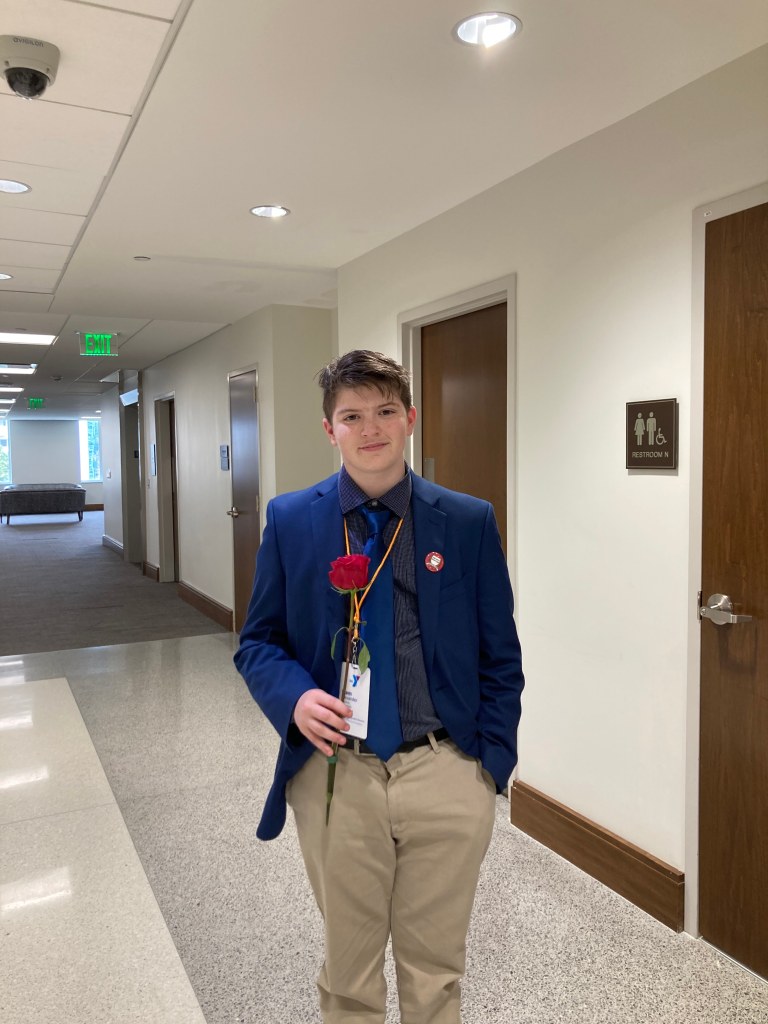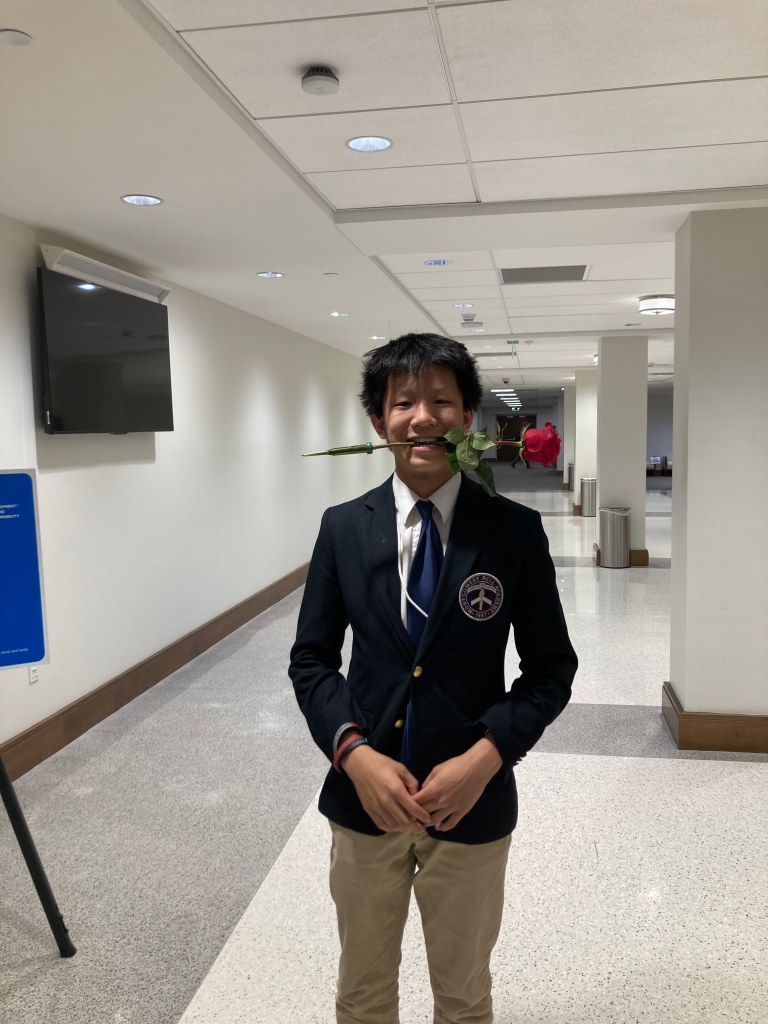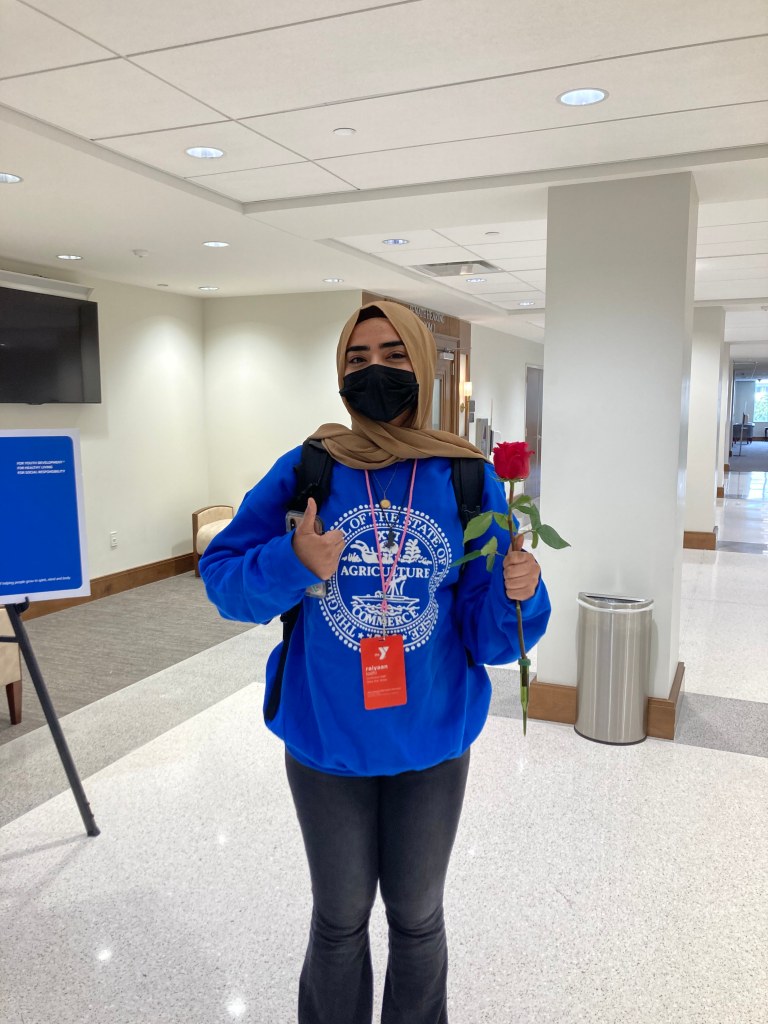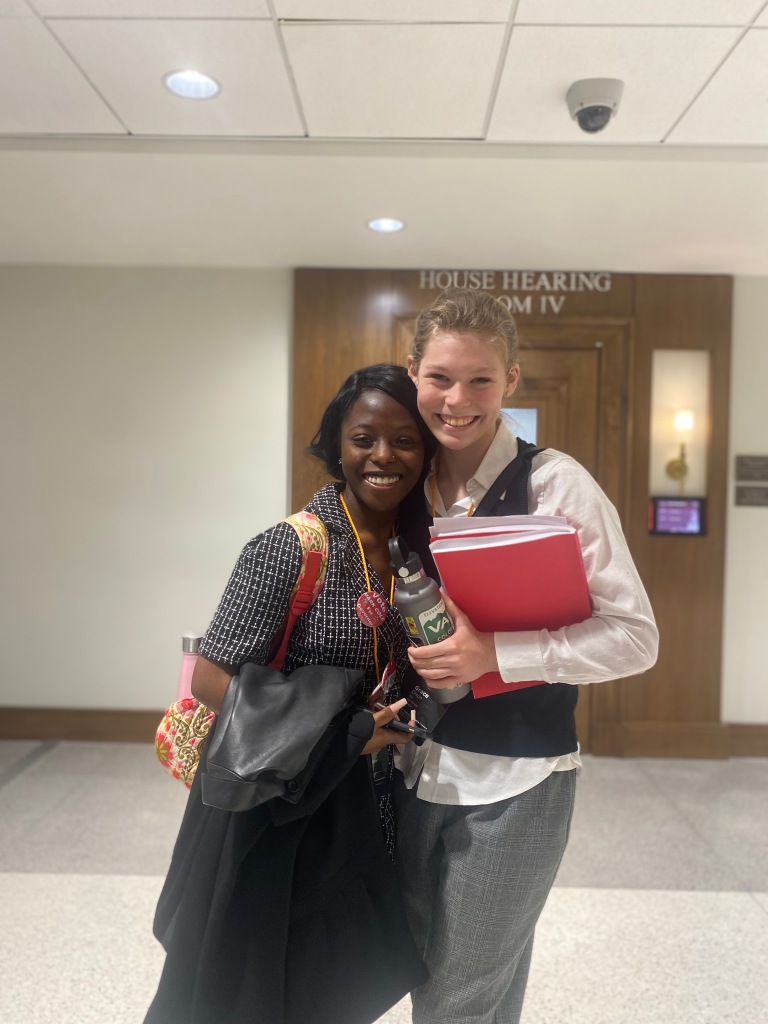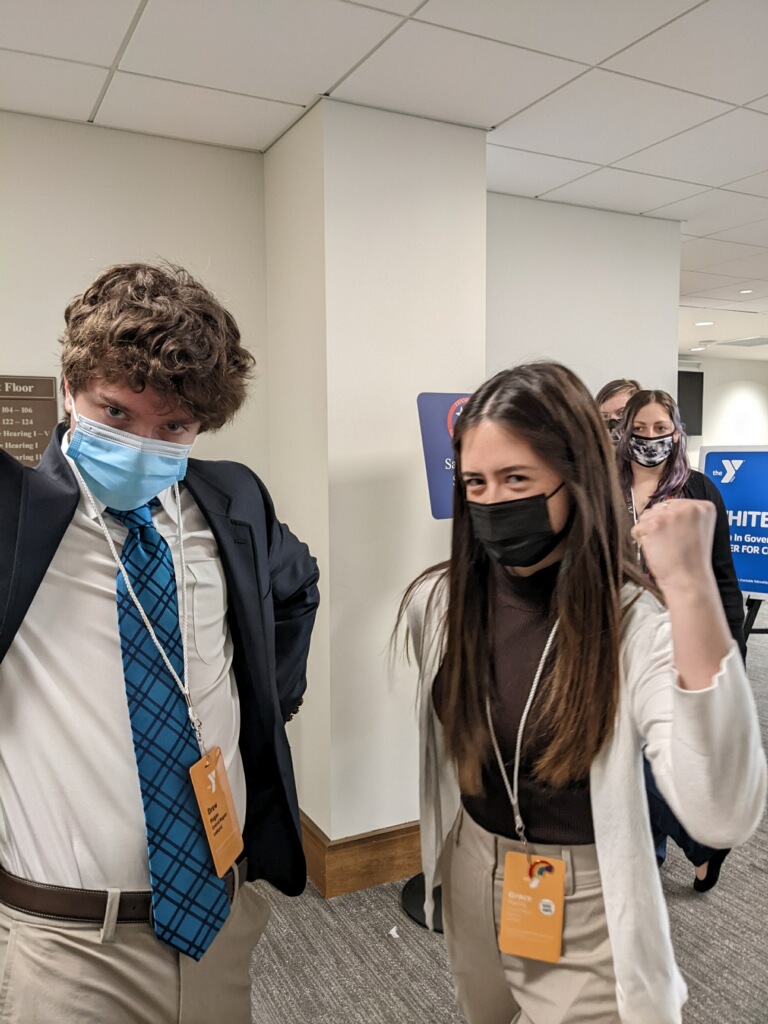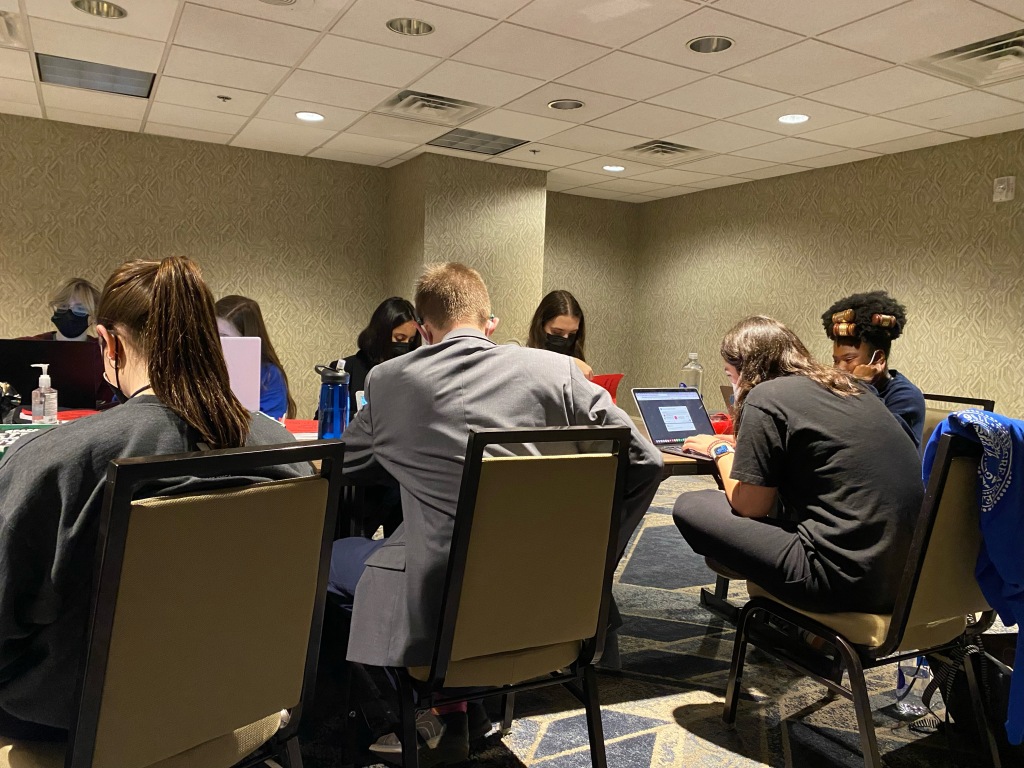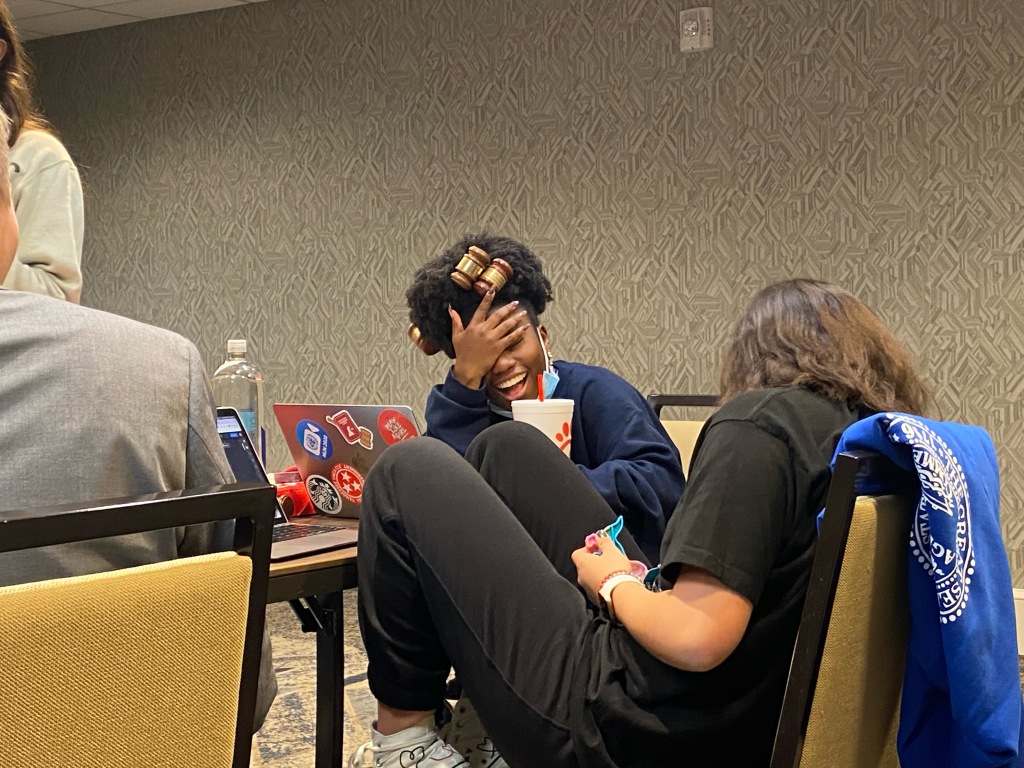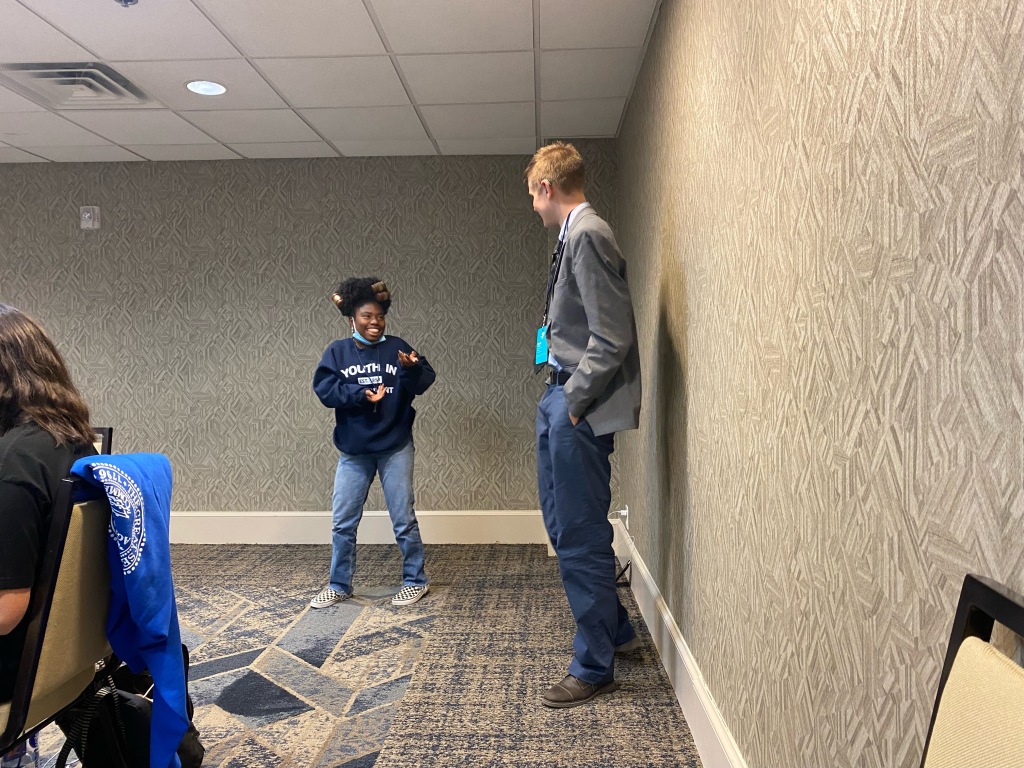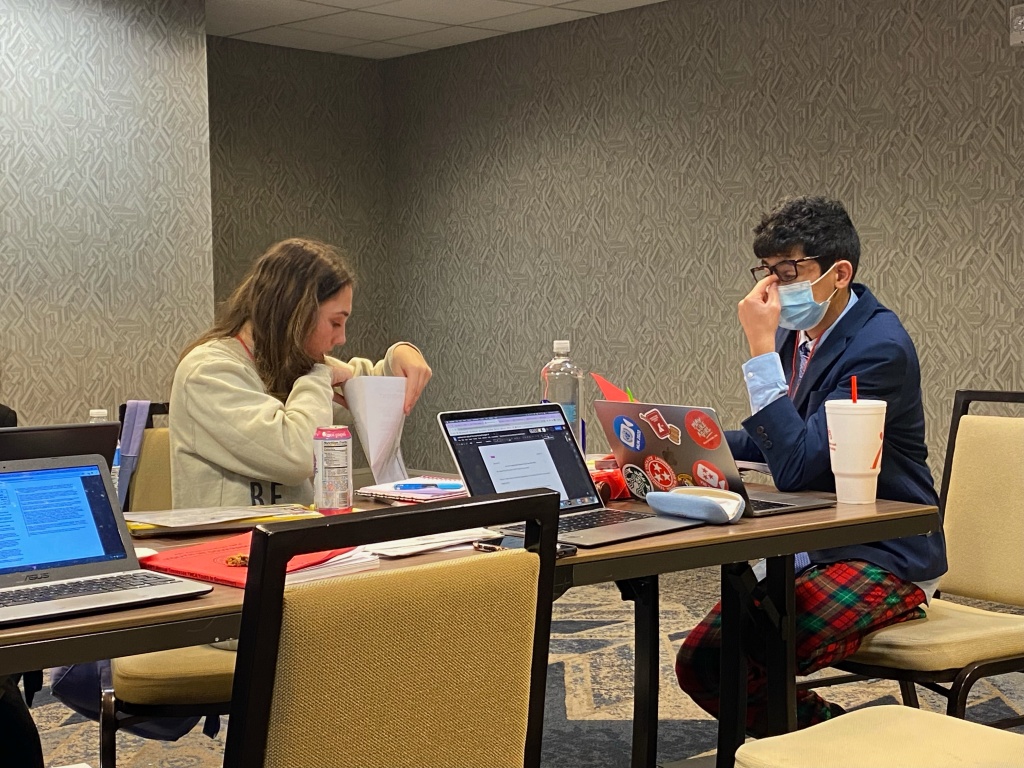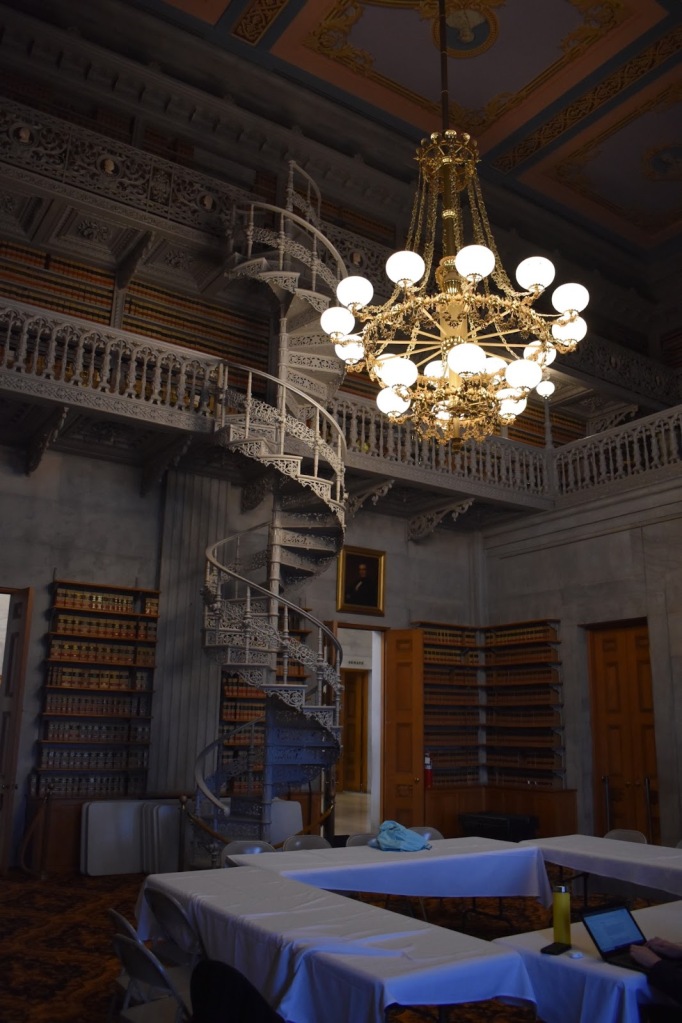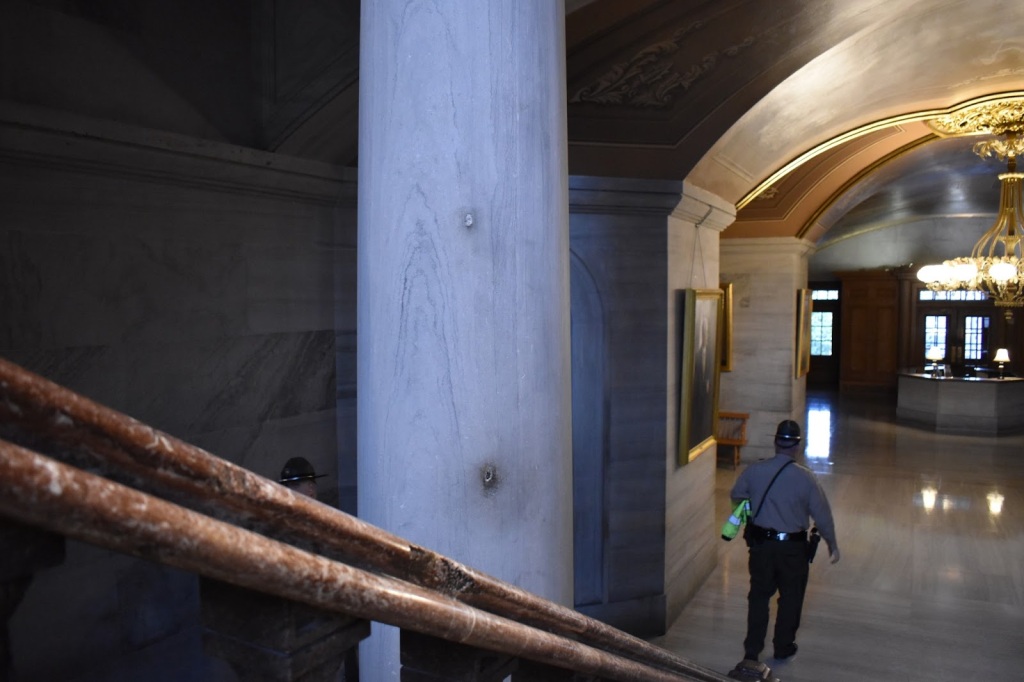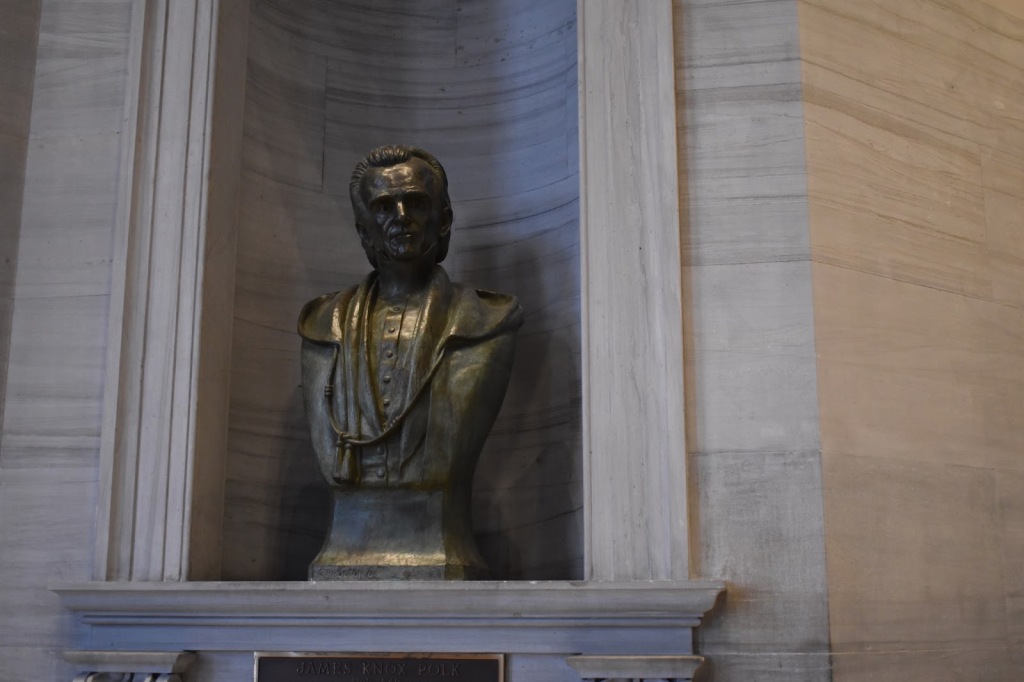Written by Angelina Taramona and Willa Smith
With the recent controversy involving Governor Mark Nashi, many Tennesseans are conflicted on whether or not they should forgive him given comments made by him on Saturday, March 2nd. The 71st Capitol Governor was quoted saying “I don’t care about Tennesseans, I just want my devices back.” When this comment was addressed during the March 3rd press conference, Nashi stated that his comment was taken out of context as he also added that the comment “slipped” during a moment of high stress. When asked about the extent to which he cared for his devices, the Governor gave a reason as he stated that his devices were necessary to access important programs and contacts to handle the “dam crisis”. The Governor and his commissioner’s devices were able to be accessed again after paying a $7 billion ransom and investigation fee, which the governor noted was necessary for gaining access to his devices again.
Other comments were also made by his cabinet, one made by Commissioner of Commerce and Insurance Taylor Perry saying “I don’t care how cold they are, give them a box.” When asked about this comment, Perry stated that she only claimed the first portion of the comment, and any additions of the “box” were not made by Perry, of which Nashi stated that “the box” was a metaphor for a place of shelter for the 228,000 Tennesseans who had lost power. Both commissioners stated that they just felt “so passionately” and their emotions were “so high” that there was just no other way to proclaim their compassion for the affected Tennesseans.
During the conference, another comment made by the Commissioner of Corrections in solution for Tennesseans in East Tennessee without shelter stated “Put them in the Bass Pro Shops pyramid”, in response the commissioner, a Memphis native, stated that the West Tennessee outdoor wonderland was the only and best place to house the unfortunate Tennesseans. Governor Nashi responded by saying that his cabinet and himself were looking through catalogs of malls, hotels, and schools and that the glass pyramid was just an option that came up.
The Governor was even asked to resign by Tennessee mayor, Mayor Warren L. Gooch of Oak Ridge. However, when asked about this resignation during the press conference, he responded that “[he] would not resign and [he] will never back down.” Mayor Gooch even had hundreds of protesters surrounding his house, however no help from the National Guard was given to the Mayor, yet the Guard was deployed to “help direct people to shelter” although volunteers were already helping the distressed citizens.
Now we must ask ourselves during the final day of this conference, is this who we want leading Tennessee and is this who we want representing our state? Nashi proclaims himself over and over again to be a strong leader, yet is he strong enough to overcome crises and his own naïveté?
When we attempted to ask the Governor’s cabinet for comment, they called the Press Corps “Our Opps.”

